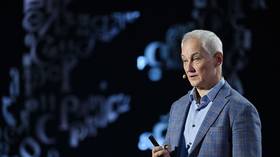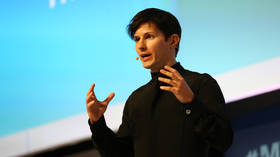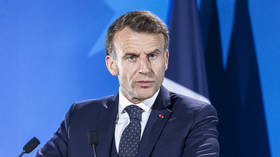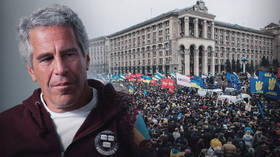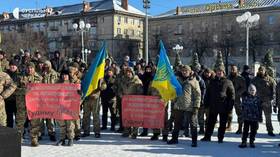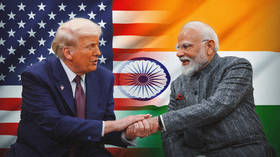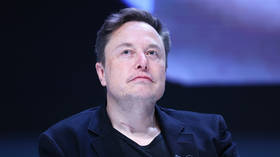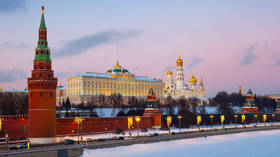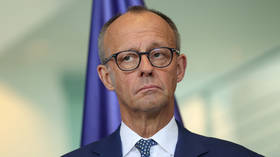Western sanctions ‘not so painful’ – Kremlin
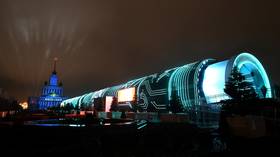
Kremlin spokesman Dmitry Peskov said on Friday that the sanctions on Moscow mostly boomeranged on those who imposed them and inspired Russia to develop its own industry.
President Vladimir Putin’s spokesman was answering a question about Thursday’s resolution of the European Parliament, which called for tougher sanctions on Moscow but argued against confiscating the personal belongings of Russians – such as personal vehicles – because “such over compliance discredits the goal and instrument of sanctions.”
“Many are beginning to see the light and understand that, firstly, the sanctions backfired on them, and secondly, turned out to be not so painful and pushed us to build up our own potential,” Peskov said at a press briefing.
Earlier this week, Russian Foreign Minister Sergey Lavrov pointed out that EU companies have lost at least €250 billion ($266.6 billion) due to the embargoes put in place over the Ukraine conflict. He said these were “very conservative estimates” and that the true cost of unilateral measures could be even higher.
The decision to cut ties with Russia has made the EU dependent on “expensive American energy” instead, causing an industrial crisis. The “terrorist attacks” on the Nord Stream gas pipelines in September 2022 ended all hopes of restoring the flow of affordable Russian gas to the EU economies, Lavrov said.
“The West decided to destroy the world economy for the sake of teaching Russia a lesson,” Lavrov told a roundtable of Russian ambassadors in Moscow.
For this reason, Lavrov explained, Russia does not expect the sanctions to be lifted any time soon, and has chosen to build new transport corridors and supply chains that will be “beyond the control of malicious influence” from the West.
Deputy Prime Minister Andrey Belousov said last week that the West predicted “a catastrophe comparable to the 1990s” for Russia and was “shocked” when that did not happen. Instead, Russia entered a period of “strengthening sovereignty,” leveraging its education, science, technology, infrastructure and natural resources.
While Russia’s GDP fell by 2.1% in 2022, it has since recovered and is on track to grow by 2.8% by the end of 2023, according to the Kremlin. The International Monetary Fund (IMF) estimates Russian GDP will grow 2.2%, up from its April forecast of 0.7%.
